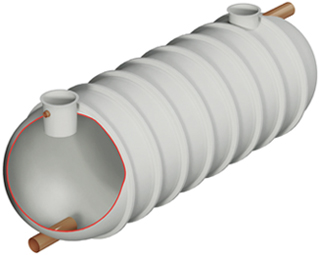Drains are often misused as a legitimate waste disposal method. Once you have flushed something down the toilet or washed it down the drain, you don’t have to see it again, so, therefore, is a great way to dispose of things, right? Wrong.
Drains should never be seen as an efficient way to dispose of waste, but if they do become blocked because of misuse, or due to another problem, the most important thing is to know how to deal with the situation so you can avoid the nasty smells that can be harmful to your family’s health.
Here is a simple list of things to do in order to maintain your drains and keep them in tip top condition.
Hot water
Regularly pouring boiling water down your drains (once a week) will help unclog any blockages and keep them clear. For instance, if there is any build up of fats, grease and oil, the hot water will help remove these and prevent any future blocks.
Baking soda and vinegar
A solution of baking soda and vinegar is a great substitute to using a harsh chemical. Once you have created the solution and poured it down the drain, follow this up by pouring hot water from the kettle down the drain too. This will create a small chemical reaction and help shift any dirt or grime attached to the inside of your drains. The baking soda and vinegar solution only needs to be carried out two or three times a year, providing you keep up with pouring hot water down the drains on a weekly basis.
If in doubt, bin it
Drains are designed to carry small, thin items such as toilet roll but they cannot cope with other items such as face wipes, nappies, dental floss and fats and oils! You should always be mindful when flushing such objects and if you’re not sure, it’s always best to place them in the rubbish bin. Disposing of fats and oils may be more tempting to just pour down the sink as they are a liquid, but it’s best to pour them into a bottle first and then dispose of them safely in the rubbish bin too.
For more information on items that can block your drains, please read our blog on Top 5 Causes of Blocked Drains.
No debris
As well as blockages occurring from the inside of your drains, they can also block externally.
Taking the time to clear drains of any debris build up, such as leaves, twigs, moss and dirt will remove any blockages from the outside and help the water flow freely with no restrictions.
So, it’s time to give up with the “out of sight, out of mind” approach and start taking responsibility for the maintenance of your drains by using our helpful tips!
For further information on how to maintain your drains, or for expert sewage management and drainage solutions from the specialists, please get in touch with Wildon UK today.
Go back to








